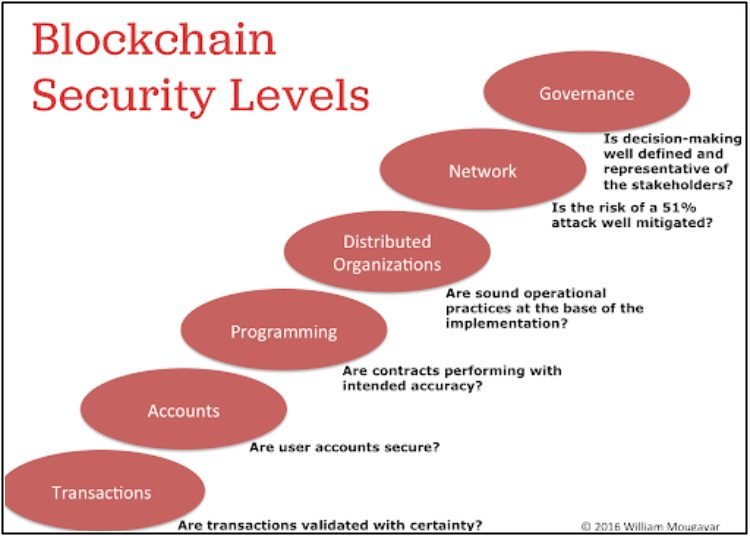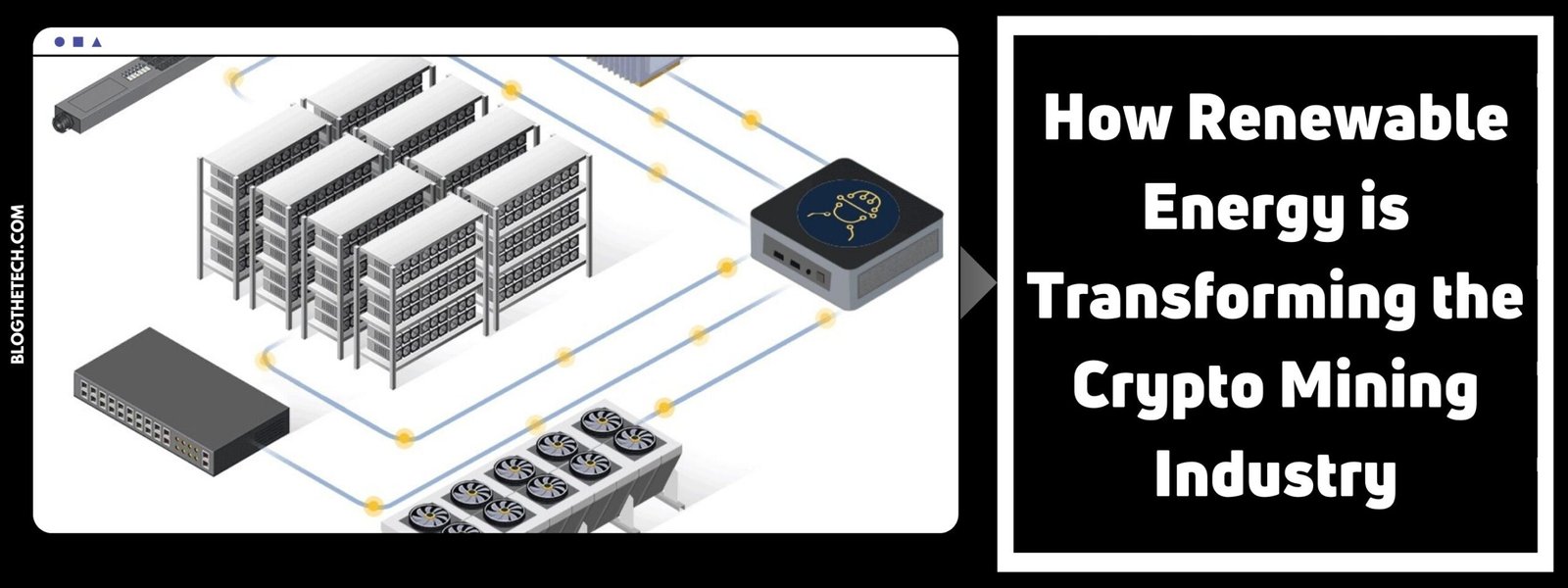Trade as we know it has undergone tremendous changes. The trade and payments landscape has borne witness to unprecedented developments. The advent of blockchain technology has garnered much traction in the past few years.
While some people still don’t fully understand what blockchain is, many have understood that it has the potential to transform how we use the web. We’ll examine what blockchain is in this blog post and how it might affect web hosting storage systems in the future.
What is Blockchain Technology
Blockchain technology is a decentralized platform that makes it possible to maintain records safely, openly, and in an unchangeable manner. A blockchain is data-modification-resistant by nature. Once data has been recorded on the blockchain, it is impossible to change. Blockchain is ideal for tracking assets or maintaining a secure transaction record.
How does Blockchain Work
Essentially, a blockchain is a digital ledger of transactions that is distributed across a network of computers. When a transaction is made, it is recorded on the ledger, and a unique “hash” (or digital fingerprint) is generated.
This hash is added to the next “block” of transactions, creating a chain. Each block is time-stamped and linked to the previous block, making it virtually impossible to change or delete data without being detected.
Each node then verifies the transaction and adds it to its ledger copy. Once enough nodes have verified a transaction, it is considered to be confirmed and added to the blockchain.
This process of verification and confirmation is what makes blockchain so secure. It is complicated for a malicious actor to tamper with the ledger because they need to control more than 50% of the network nodes.
Although there is still much to be done in this area, blockchain has the potential to change how we engage with the internet entirely. Blockchain has been employed in various applications. Let’s check a few of them.
Applications of Blockchain
The applications of blockchain technology are virtually limitless. In the most basic sense, a blockchain is little more than a digital ledger. It is a way of recording data in a manner that is both secure and transparent. This simple concept can be applied to myriad real-world scenarios. Some of the potential applications of blockchain technology include.
- Cryptocurrency
Blockchain technology has created a new type of money called cryptocurrency. The earliest and best-known cryptocurrency, Bitcoin, was developed in 2008. Since then, various additional cryptocurrencies have been established.
Cryptocurrency transactions are verified by a network of nodes through cryptography and recorded in a dispersed public ledger called a blockchain. Digital tokens, or cryptocurrencies, can be used to pay for items and services. They are frequently traded on online markets as well.
Blockchain technology has created many new opportunities for investors in the cryptocurrency space. One of the most popular investment opportunities is simply buying and holding Bitcoin. This strategy is often called “HODLing” by the Bitcoin community.
For example, ABRA is a digital currency wallet that accounts for and holds funds in several currencies using the Bitcoin blockchain.
The potential for appreciation in value over time may provide investors with a lucrative return on their investment. As we know, Bitcoin price has a solid track record of increasing over time and has seen massive surges in recent years. This makes it a desirable investment for those looking to make a quick profit.
Another popular investment opportunity is investing in companies building applications on the Bitcoin blockchain. These companies are working on solving real-world problems with blockchain technology, and their products or services could be precious to businesses and consumers alike.
As more people learn about and use these products or services, the company’s value will likely increase, providing investors with an excellent return on their investment.
- Supply Chain Management
A blockchain can track the movement of goods through a supply chain from the point of origin to the point of sale. It would allow all parties involved in the supply chain to see where the goods are at any given time and could help reduce fraud and theft. Monitoring and tracing of items as they move through a supply chain are possible with the help of the blockchain technology SKUChain.

- Voting
Blockchain technology can create a secure, transparent, and tamper-proof voting system. It allows for more accurate election results and could help to increase voter turnout. For example, Follomyvote enables the development of safe, open voting processes, lowering the potential for fraudulent voting and boosting participation via better democratic access.
- Identity Management
Digital banking depends on consumers remembering their usernames and password, and many organizations also require customer accounts to utilize a mobile device to authorize activities. The bank must have these components to confirm the account holder’s identification.
But in the blockchain domain, secret keys are employed to validate every activity. In the meantime, daemon wallets are systems that automate the approval of transfer queries from and to blockchains. Otherwise, every activity would need to be signed using a cryptocurrency wallet if there weren’t a daemon wallet.
What Is Blockchain-Based Web Hosting
Have you ever been frustrated with slow website loading times and security breaches? Blockchain-based web hosting aims to solve these problems by decentralizing storage and processing power across a network of computers rather than relying on one central server.
It increases speed and improves data security since there is no single point of vulnerability. In addition, blockchain technology allows for real-time updates and changes to be made to websites without going through a third party.
Benefits of Using Blockchain for Web Hosting Storage
When storing data, the traditional approach is to use a centralized server. However, this exposes the data to security risks, as the central control point can be hacked or taken down by a DDoS attack. Additionally, you could lose your data forever if the company that owns the server goes out of business.
Blockchain-based web hosting would allow websites to be more resistant to DDoS attacks, as the distributed nature of the network would make it much harder for attackers to take down a website. Let’s check some of the benefits blockchain gives to web hosting storage.
- Increased Security
By using a decentralized network of nodes to store data, these services can offer a higher degree of protection against hacks and data breaches. In addition, blockchain technology can help increase transparency and accountability, as all data is stored in a publicly-accessible ledger that requires authentication and access at every point.
Additionally, blockchain can help improve security by providing a tamper-proof data record that cannot be altered. It can help protect against hackers and other malicious acts to try and compromise sensitive information. It can help to improve accountability and reduce the chances of fraud or misuse.

- Improved Efficiency
Another significant advantage of using blockchain for web hosting storage is its improved efficiency. Blockchain’s decentralized nature means no need for mediators or third-party service providers. It can lead to faster and more efficient services overall.
- Reduced Costs
Blockchain for web hosting storage can help reduce costs by storing data on a decentralized network. It can help avoid the need to store data on expensive servers, which can save money. Due to the mitigated need for mediators or third-party service providers, the overall costs of using blockchain technology are often lower than traditional methods.
Potential Challenges with Implementing Blockchain for Web Hosting Storage
One of the biggest challenges is that blockchain is still a relatively new technology, and there is a lack of experienced developers and service providers. Finding the right people to develop and implement a blockchain-based storage solution can make it difficult.
- Compatibility
Blockchain technology is still in its early stages of development and has not yet been widely adopted by businesses. It means that there is still a lack of standardization when it comes to implementing blockchain solutions.
It can lead to compatibility issues between different blockchain platforms. It makes integrating blockchain into existing web hosting storage platforms challenging.
- Scalability
Another challenge with using blockchain for web hosting storage platforms is its scalability. Blockchain technology is designed to handle multiple transactions per second (TPS). However, the current generation of blockchain technologies cannot yet scale up to meet the demands of large-scale web hosting storage platforms.
Despite these challenges, blockchain technology holds much promise for web hosting storage platforms. It can provide a more secure and efficient way to store data and reduce the costs associated with traditional data storage solutions.
These challenges will likely be addressed in time, and blockchain will become a more viable option for web hosting storage platforms.
Existing Blockchain Based Web Hosting
While blockchain technology is still in its early stages, some companies have already made strides toward utilizing it for web hosting.
- Blockcore: It offers blockchain-based hosting solutions for both public and private blockchains.
- Bitdomain is a decentralized domain registrar and hosting web service built on the Ethereum platform.
- Apollon: It offers decentralized nodes for website hosting
- HostCoin: It is a blockchain-based web hosting platform that empowers individuals and small businesses to host their websites without relying on corporate giants. With decentralized control, host coin offers unparalleled security, faster transaction times, and genuinely democratic decision-making.
These companies are pushing the boundaries of traditional web hosting and demonstrating the potential for blockchain technology to revolutionize the industry. Of course, more options may emerge as blockchain technology continues to evolve and gain mainstream adoption. In any case, it’s exciting to see these innovative companies paving the way for the future of web hosting on the blockchain.
Future of blockchain-Based Web Hosting Storage
It is difficult to predict the future of any technology, let alone one as nascent as blockchain. However, a few potential scenarios could play out for blockchain-based web hosting storage systems.
One possibility is that these systems will become more widespread and integrated into the mainstream internet. It would allow for greater security and transparency in web hosting and potentially lower prices due to the decentralized nature of the blockchain.
Another possibility is that blockchain-based web hosting storage systems will remain niche products used mainly by tech-savvy early adopters. In this case, they may still impact how we use the internet, but it would be more limited in scope.
Whatever the future holds for blockchain-based web hosting storage systems, it is clear that it has the potential to change the way we use the internet. The future development of this technology will be fascinating to watch.
Its potential applications are far-reaching, and one of the most intriguing is its potential to create new types of domain names. With the blockchain, creating completely secure and impossible-to-fake domains would be possible.
It would have significant implications for both businesses and individuals. For businesses, it would mean they could be sure that their domain was unique and could not be copied or spoofed.
It would mean that individuals could choose a truly unique and personalized domain name. Blockchain-based domain names would be a significant innovation and could profoundly impact the internet as we know it.
For example, instead of using .com or .net domains, businesses could use. bc or. btc domains (which stand for “blockchain” and “bitcoin,” respectively). It would allow companies to show their commitment to using cutting-edge technologies like blockchain.
Final Thoughts
There is no doubt that blockchain technology is here to stay. And, as more businesses adopt this innovative technology, the need for secure and reliable web hosting storage solutions that utilize blockchain will only grow.
Blockchain is fundamentally a distributed database that enables safe, open, and unchangeable record-keeping. It makes it ideal for storing sensitive data like web hosting customer information.
With blockchain, web hosting providers can offer their customers a more secure and reliable storage solution that is less vulnerable to hacks and data breaches. Additionally, blockchain-based storage solutions can help to improve customer trust and confidence in the provider.
Looking ahead, it is clear how blockchain’s future of web hosting storage is progressing. And, as technology continues to evolve, we can only expect blockchain-based storage solutions to become even more secure and reliable.





